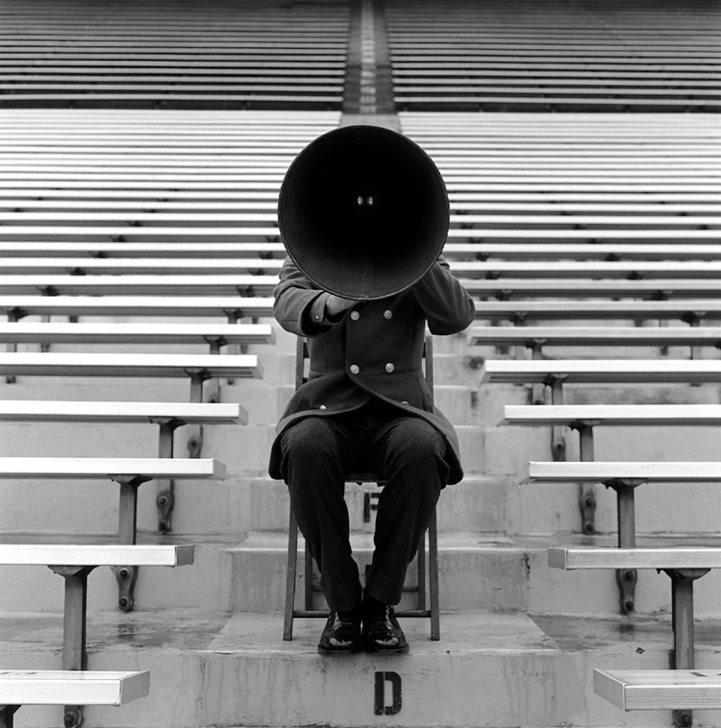Number Crunching Pays Dividends
Deciding what to spend on sales and marketing for a new development can be a daunting task. Taking a big picture approach of key financial numbers for the project and then working through the details makes considerably more sense than putting together a wish list of an advertising and promotion plan that may or may not overshoot budget .It's important to work from a holistic, number-driven approach and set up spending limits and performance measures for gauging results.
First, look at revenue or sales projections and break these down into realistic assumptions, such as the pace of sales – that is, how many units you expect to sell each month. It's wise to compare your per-square-meter selling prices with a competitive set of properties already in the market.
Also, verify whether your projection is realistic by comparing the sales rate of competing products and factor in other considerations, such as seasons, that can affect sales over the course of a year. There are more visitors during the tourist season, but property sales are highest when a certain profile of visitors are on the island, including higher net-worth individuals and strong representation from Hong Kong and the UK. Historically, more than 70% of annualized sales are from October to April, though this trend varies for upper-tier luxury properties.
Sales and marketing expenses include commissions paid in-house and to outside agents, as well as sales staff costs and all advertising, promotions and marketing of the project. While there is no industry standard percentage of sales and marketing expenses, expenses are most often expressed as a percentage of total sales .Local trends in medium to high-end condominium, townhouse and villa developments aimed at overseas buyers show that sales and marketing expenses are usually about 10% of total sales.
Having sales and marketing expenses pegged at about 3% of total sales was once the norm for the local market. However, the percentage is moving upwards significantly, so budgets need to cater to this and may see the combination of internal and external commissions reach about 5% of total sales, and incentive schemes with higher rates paid according to a progressive scale are more common among the larger agents.
Significant components of the expenses budget will be print advertising; e-marketing, including website, on-line banners, "pay per click" and direct email; tradeshows and exhibitions; point-of-sale material; billboards; entertainment and sales office expenses; and public relations.
These costs should be broken into line items and match up to expense items in the monthly and annual profit and loss statements, in order to monitor costs against the initial budgets. Backing up the items should be specific-detailed assumptions such as ad placements in particular newspapers and related costs, and so on. The assumption worksheet builds up a zero-based budget instead of just putting in lump-sum amounts, it details out the actual supported costs of each expense. It is best to obtain actual quotes.
Having control and monitoring monthly expenses is important as overspending on sales and marketing reduces the bottom-line profit for a project. Equally important is tracking the source of sales leads, which leads to a "conversion factor" showing how many potential customers who walk in the door finally buy the product. Have sales staff set up a daily-traffic record of customer visits by agents, direct, Internet, phone and to also ask direct customers how they came to visit the property. Each month when you review expenses, also analyze sales data. Cumulate the results for the month and see what is producing the most sales.
Two critical exercises are reviewing how effective your spending is and where are the most sales generated. Marketing plans are not set in stone. You need to rework strategies, create new ideas and constantly improve to meet a changing market. Often you see projects that have 70% of their sales from outside agents but spend 80% of their marketing on stand-alone advertising. Perhaps a more logical approach would be to adjust the spending to co-op advertising or using greater incentives to encourage more sales from that venue.
In most cases, marketing is one of the most liked parts of property development. It allows you to use your creative juices, experiment and create both image and product. Equally important, though, has to be that any development is a business and the same rules apply to cost management as they do to construction. Measuring results throughout the sales cycle, adapting and moving to the market and not letting your ego get in the way of solid business judgment is key to getting the payday you want at the project's end.


